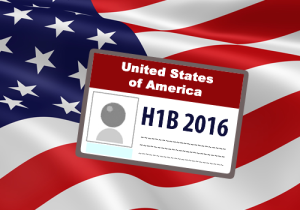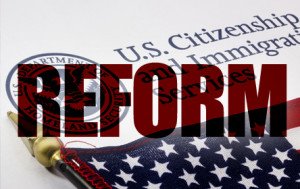The Gang of 8: Comprehensive Immigration Reform Re-Up
Immigration reform looked imminent in 2013. The 2012 elections demonstrated yet another discrepancy in the Latino electorate voting for Democrats, much like 2008. President Obama had issued executive orders to implement the DACA program in 2012 as a stop gap measure before comprehensive immigration reform emerged. Republicans were amenable to working with Democrats on comprehensive immigration reform, meaning a bill that covered business immigration, border enforcement, family immigration, and pathways to citizenship to certain individuals without status.
The driving force was the Gang of 8 – a bipartisan group of senators that pushed for immigration reform. They were partly successful. The Senate voted to pass a bill for comprehensive immigration reform. The House refused to pass the bill and comprehensive immigration reform has remained elusive since.
Immigration has become a hot topic once again over the past year, taking center stage in the presidential election. The Gang of 8 was heralded in 2013 as the cooler heads prevailing amongst the hotter temperaments. If the Gang of 8 is revived after the 2016 election, it will most likely have to resist a vitriolic and divided atmosphere. The status of DACA plus and DAPA and dormancy of comprehensive immigration reform show that immigration reform has been nonexistent since 2013. In the vacuum, states have passed their own immigration laws.


 Immigration Reform in the News
Immigration Reform in the News